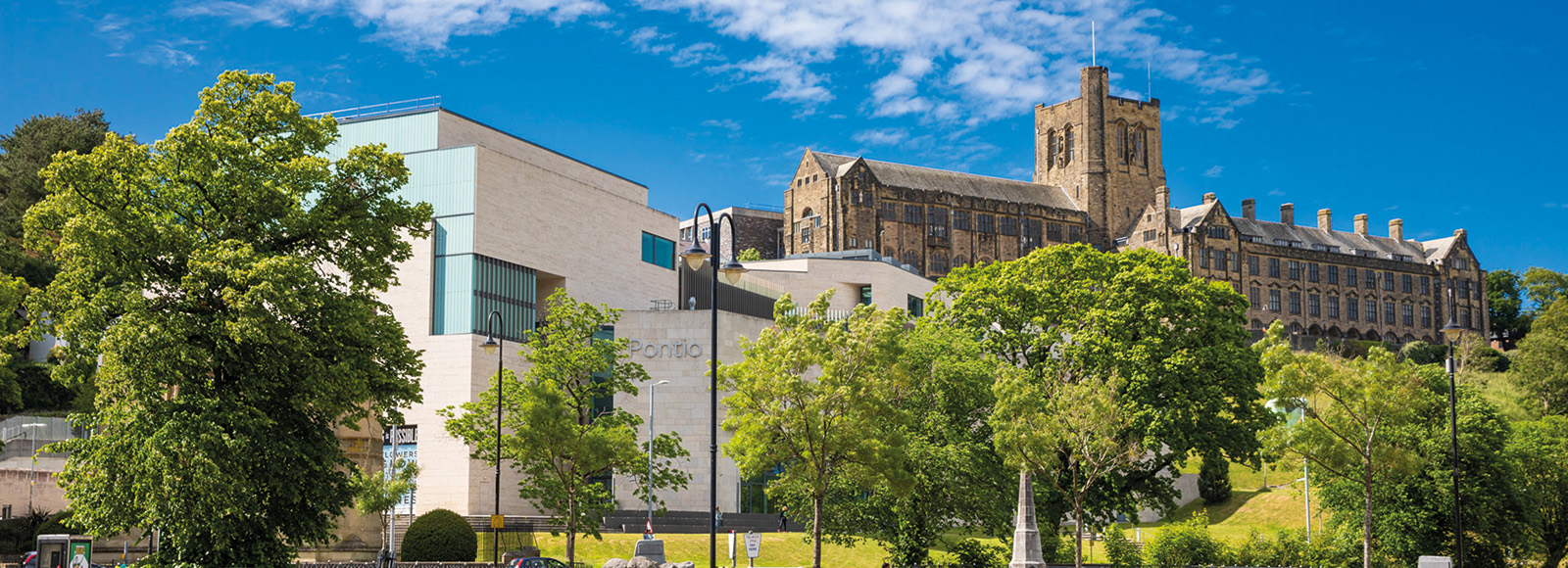- ...
Postgraduate Studentships - Search for funding opportunities.
This course combines the schools’ expertise in criminology and sociology and explores the sociological context of issues in criminology.
A broad range of criminology and sociology subjects are studied which develop knowledge and understanding of broad spectrum of topics within this field including; crime, organisations and administrations in the field of criminal justice, the social causes and consequences of crime, social change and social structures, culture and identity and related issues.
The broad yet specialised nature of this degree allows students to develop advanced and specialised knowledge and skills in criminological and sociological research.
On completion of the course, students will be able to:
Find out more about the Sociology and Social Policy subject area
A single or joint honours degree of at least 2(ii) in Criminology, Sociology, Law, Political Science, Social Studies, Social Policy, or a related academic discipline.
Applications from candidates who have relevant professional experience in lieu of a bachelor degree will also be considered. All applicants in this category will be invited for interview.
If your native language is not English, you must provide satisfactory evidence that you have an adequate knowledge and understanding of written and spoken English:
For fees and funding options, please visit website to find out more
The course prepares for a wide range of employment including:
A full MA is valued at 180 credits, a Diploma at 120 credits and Certificate at 60 credits.
The first 120 credits are achieved by following a programme of taught courses. The final 60 credits will be achieved through dissertation, after successful completion of the taught part of the course.
The course employs a wide range of teaching and learning strategies, both formal and informal. These include: lectures, individual study – some of it involving assigned readings - interactive discussion of case studies in class, small group work and essay writing. The MA Criminology and Sociology very much employs the concept of “active learning” by students.
The programme is offered on a full-time and part-time basis.
Full Time Study
In full-time mode, the course normally lasts for a period of twelve months. Taught courses are undertaken September – May, and the dissertation completed from May to September.
Part Time Study
In part-time mode, the course normally lasts for a period of two and a half years. Taught courses are undertaken from September to May over a period of two years, and on successful completion of the 120 credits of taught courses, the dissertation may be undertaken.
Taught Modules include:
MA students take part in the fortnightly lecture series of the School of Social Sciences. Visiting speakers and Bangor staff present topics related to social policy, criminology and sociology.
Dissertation
The dissertation is undertaken on completion of the taught modules. It is valued at 60 credits (one-third of the MA degree) and will be around 20,000 words in length.
Under guidance of a dissertation tutor, students will in their MA dissertation work independently on a topic of their choice. This may be a piece of empirical research including primary or secondary data analysis or a theoretical dissertation. Part-time students in employment may choose a topic related to their profession and an area in which they wish to develop further expertise and specialisation.
Assessment
All modules are assessed by means of presentations, coursework or other forms of continuous assessment.

Discover Flexibility. Discover Opportunities Nestled between North Wales’ mountains and the sea, Bangor University offers a remarkable academic exper...